How can diet naturally optimize men’s testosterone for peak performance?
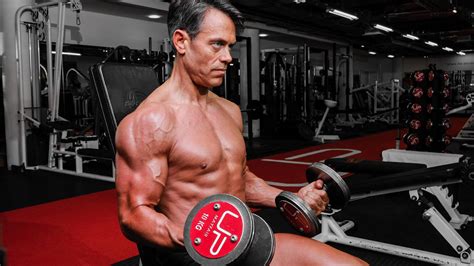
Testosterone, often hailed as the cornerstone of male health, plays a pivotal role far beyond just muscle mass and libido. Optimal levels contribute to energy, mood, cognitive function, bone density, and metabolic health. As men age, or due to various lifestyle factors, testosterone levels can naturally decline, impacting overall well-being and performance. The good news is that diet offers a powerful and natural pathway to support and optimize this crucial hormone.
The Foundation: Understanding Testosterone’s Role
Testosterone is an androgen, a steroid hormone produced primarily in the testes. It’s vital for the development of male reproductive tissues and secondary sexual characteristics. Beyond these, it significantly influences red blood cell production, fat distribution, bone density, muscle strength, and even mood and energy levels. Maintaining healthy testosterone levels is essential for men aiming for peak physical and mental performance, as well as long-term health.
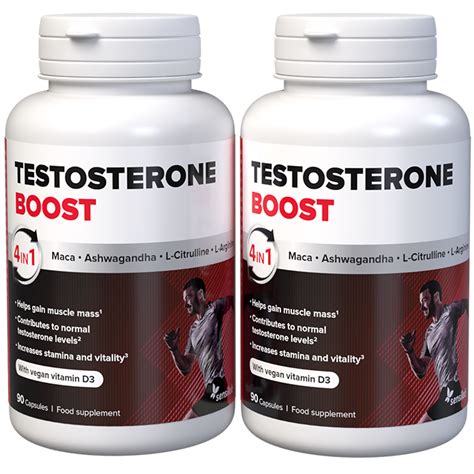
Key Nutrients for Testosterone Production
Your diet provides the building blocks and regulatory signals for hormone synthesis. Focusing on nutrient-dense foods can create an optimal internal environment for testosterone production.
Zinc: The Mineral Powerhouse
Zinc is a critical mineral for testosterone synthesis and maintaining healthy sperm quality. Deficiency is common and can lead to reduced testosterone levels. Foods rich in zinc include oysters (the most potent source), red meat, poultry, beans, nuts, and dairy products.
Vitamin D: The Sunshine Hormone
Often referred to as a hormone itself, Vitamin D plays a crucial role in numerous bodily functions, including testosterone production. Studies show a direct correlation between adequate Vitamin D levels and higher testosterone. While sun exposure is the primary source, dietary sources like fatty fish (salmon, mackerel, tuna), fortified milk, and egg yolks can contribute.
Healthy Fats: Essential for Hormones
Don’t fear fats – healthy fats are absolutely vital for hormone production, including testosterone. Cholesterol, a precursor to testosterone, comes from fats in your diet. Focus on monounsaturated and polyunsaturated fats. Excellent sources include avocados, nuts (almonds, walnuts), seeds (chia, flax, pumpkin), olive oil, and fatty fish rich in Omega-3s.
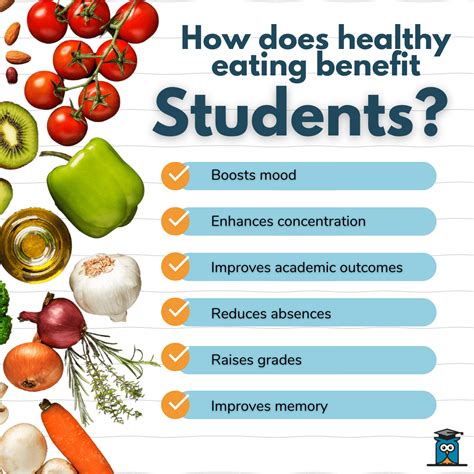
Magnesium: More Than Just Muscle
Magnesium is involved in over 300 biochemical reactions in the body, including those that regulate testosterone. It helps prevent testosterone from binding to sex hormone-binding globulin (SHBG), making more ‘free’ testosterone available. Good sources include leafy green vegetables (spinach, kale), nuts, seeds, legumes, and whole grains.
Antioxidants: Protecting Cellular Health
A diet rich in antioxidants helps protect cells, including those in the testes, from oxidative damage, which can impair hormone production. Berries, dark leafy greens, colorful vegetables, and spices are packed with these protective compounds.
Foods to Embrace for Optimal Testosterone
- Oysters and Shellfish: King of zinc.
- Fatty Fish (Salmon, Mackerel): Rich in Vitamin D and Omega-3s.
- Red Meat (Lean cuts): Excellent source of zinc, iron, and protein.
- Egg Yolks: Contain cholesterol, Vitamin D, and healthy fats.
- Avocados: Packed with healthy monounsaturated fats.
- Nuts and Seeds: Provide healthy fats, zinc, and magnesium.
- Leafy Green Vegetables (Spinach, Kale): High in magnesium and various vitamins.
- Berries and Citrus Fruits: Rich in antioxidants and Vitamin C, which can help reduce cortisol (a testosterone antagonist).
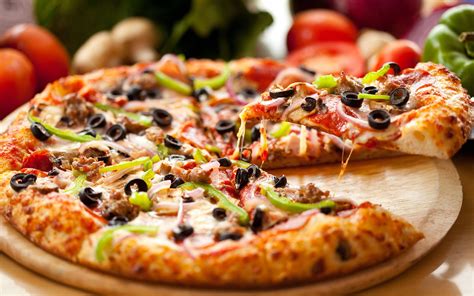
Foods to Limit or Avoid
Just as some foods boost testosterone, others can hinder it. Limiting or avoiding these can be equally important:
- Processed Foods and Sugary Drinks: Often lead to insulin resistance and inflammation, negatively impacting hormone balance.
- Excessive Alcohol: Can increase estrogen levels and directly suppress testosterone production.
- Trans Fats: Found in many fried and processed foods, these are detrimental to overall health and hormone function.
- Certain Soy Products (in excess): While controversial, some studies suggest very high intake of soy products may have a mild estrogenic effect, potentially impacting testosterone. Moderation is key.
Beyond Diet: Lifestyle Synergies
While diet is a cornerstone, it works best in conjunction with other healthy lifestyle habits. Adequate sleep (7-9 hours), regular strength training and high-intensity interval training (HIIT), and effective stress management are all crucial for optimal testosterone levels. Chronic stress, for instance, elevates cortisol, which can directly suppress testosterone production.
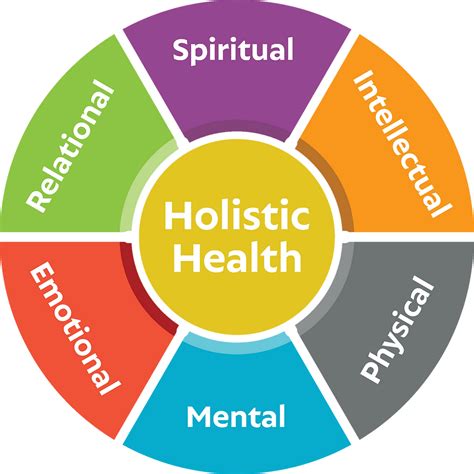
Crafting Your Testosterone-Optimizing Meal Plan
Integrating these dietary principles doesn’t require drastic changes but rather mindful choices. Focus on whole, unprocessed foods. Prioritize protein, healthy fats, and complex carbohydrates from vegetables and whole grains. Aim for a balanced intake of zinc, Vitamin D, and magnesium-rich foods daily. Consistency is key – sustainable dietary changes will yield the best long-term results for optimizing your testosterone naturally and achieving peak performance in all aspects of life.
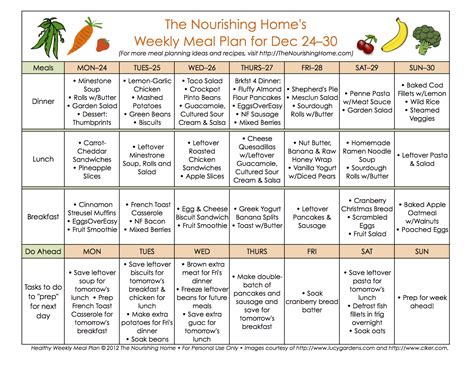
By making informed dietary choices, men can significantly influence their testosterone levels, fostering not just physical prowess but also enhanced mental clarity, mood stability, and an overall sense of vitality.









